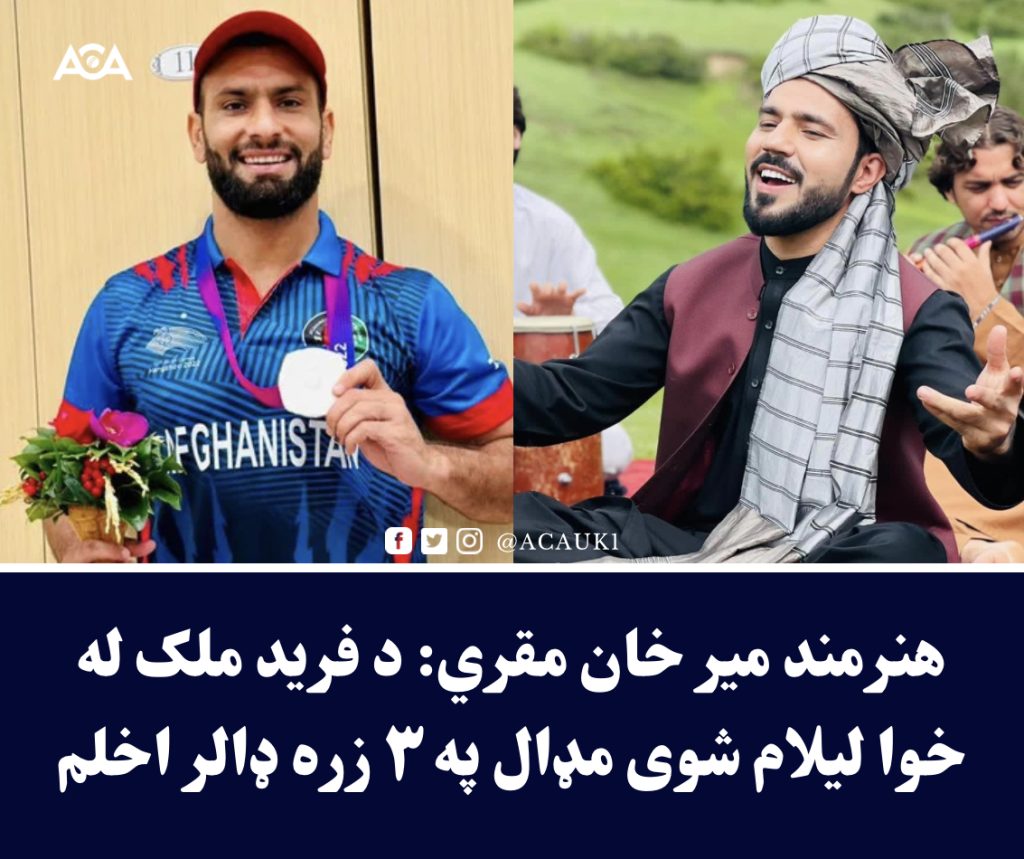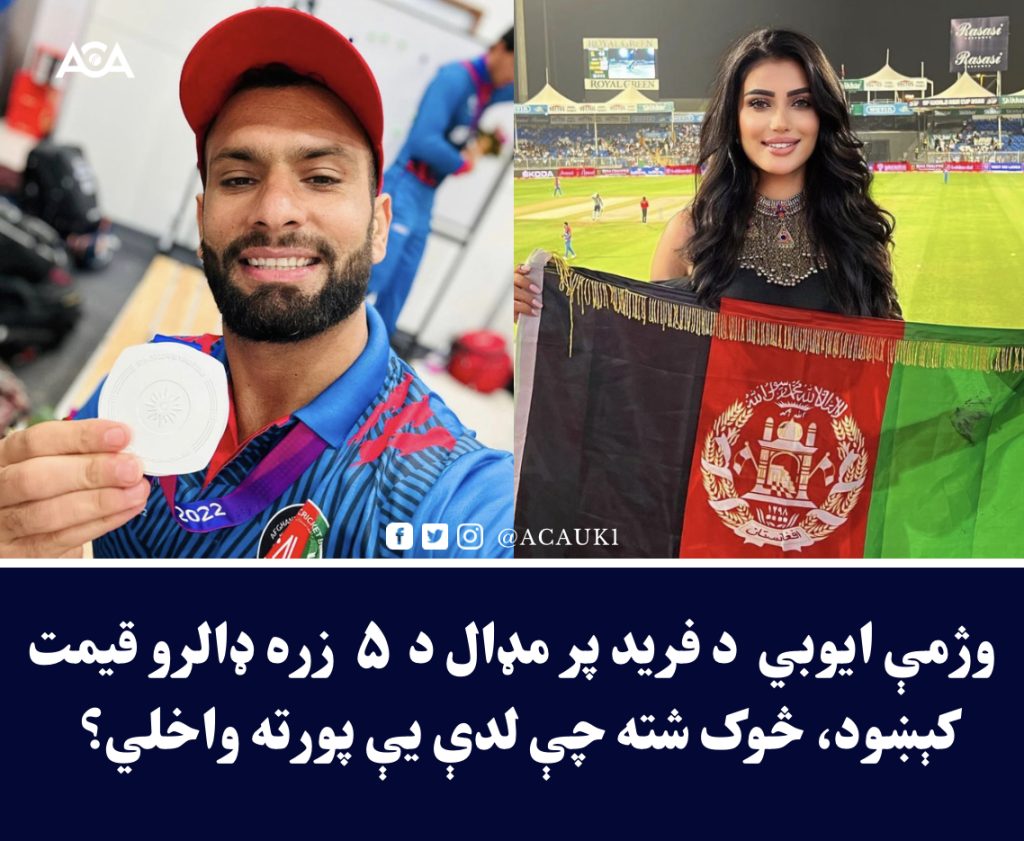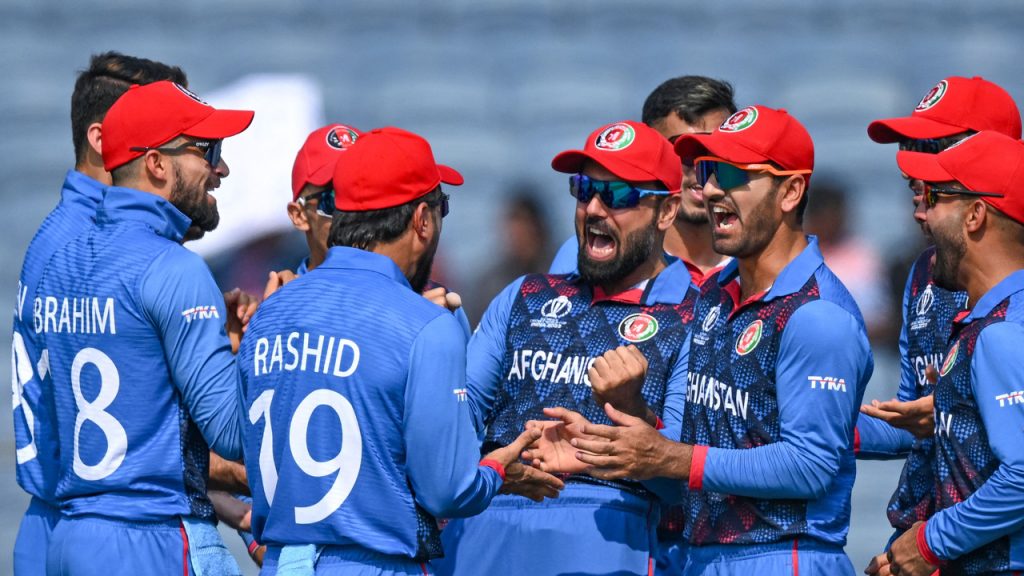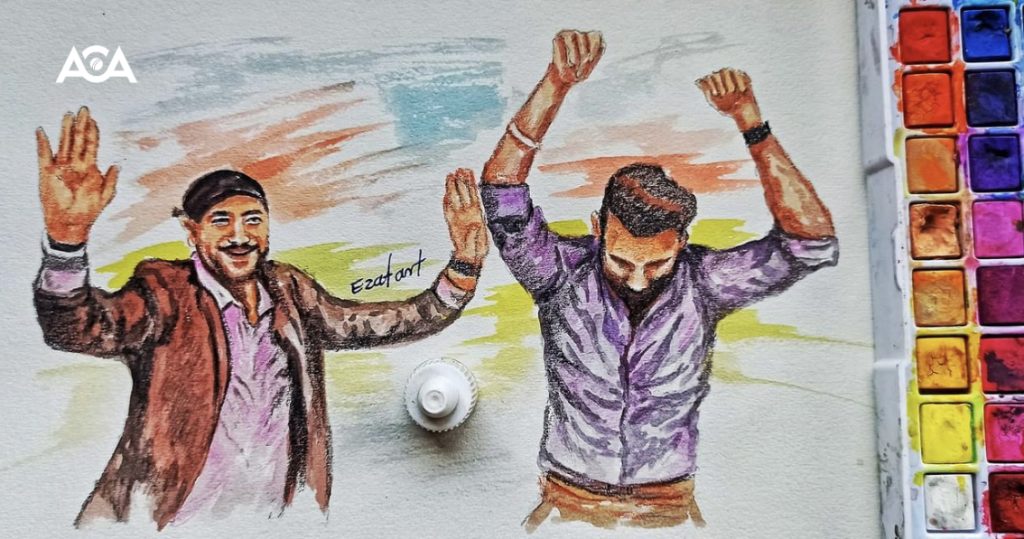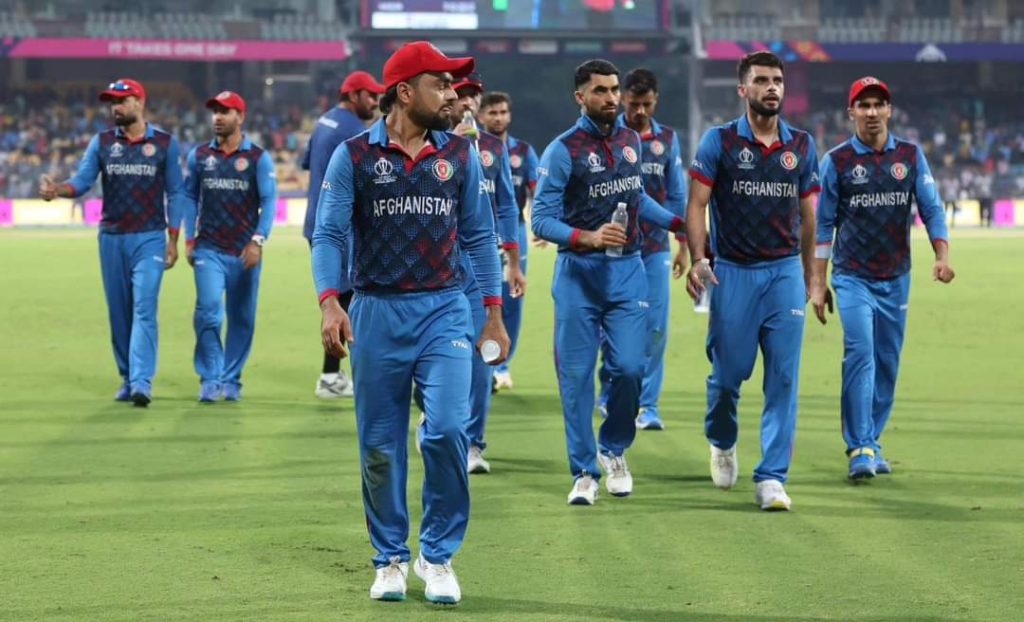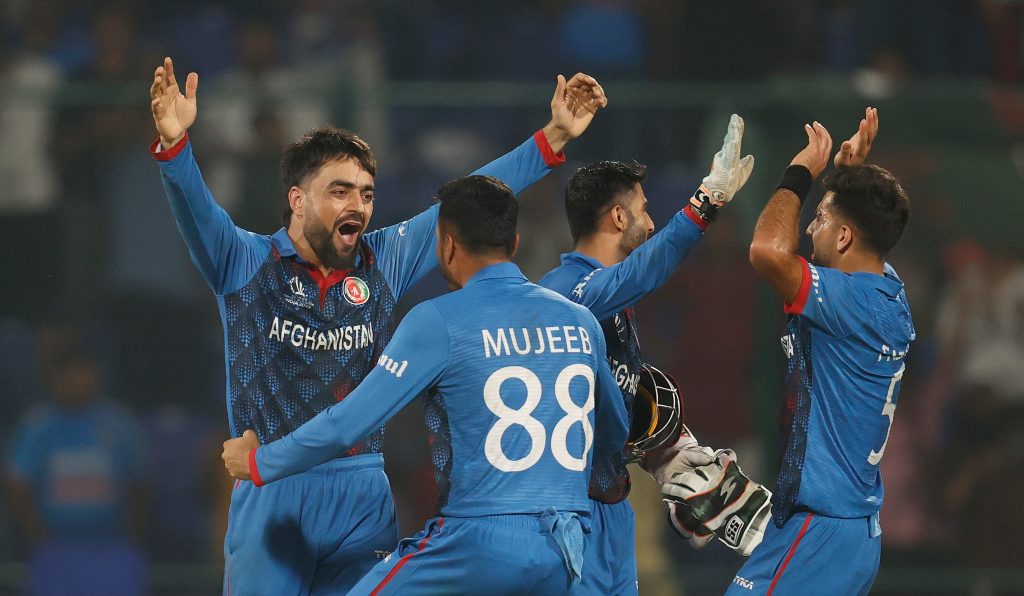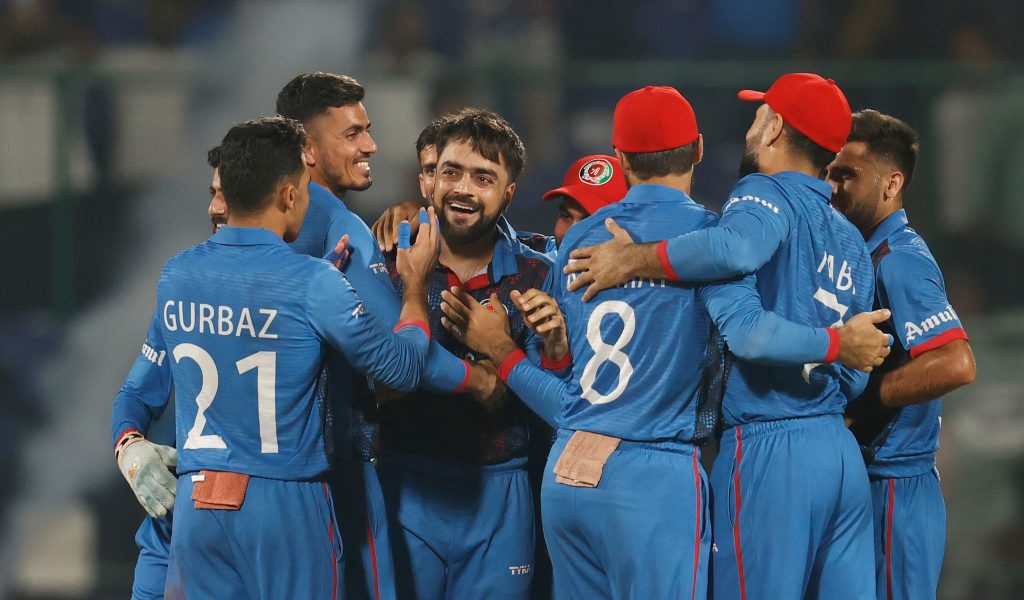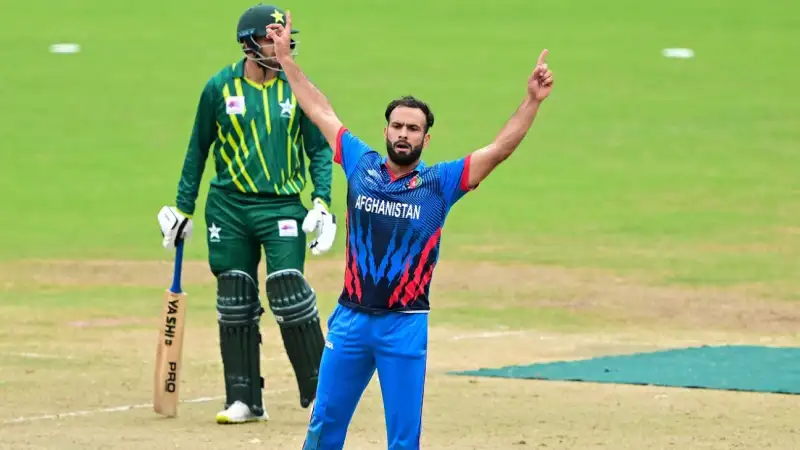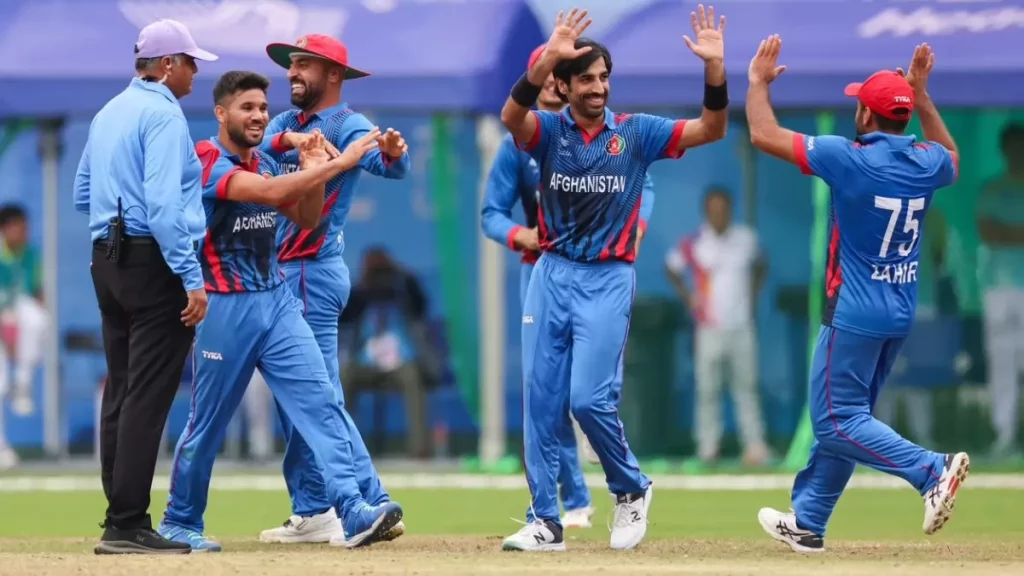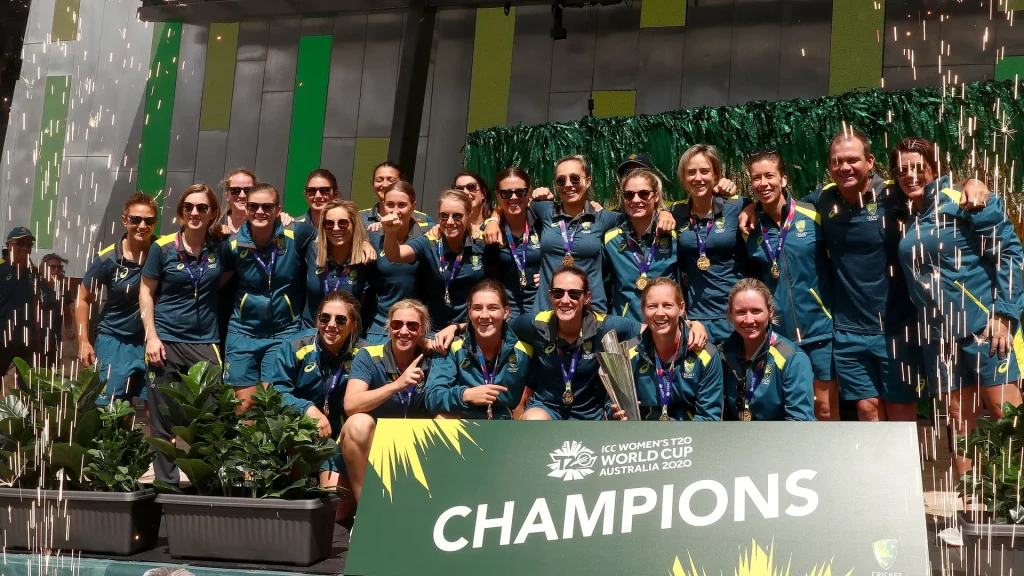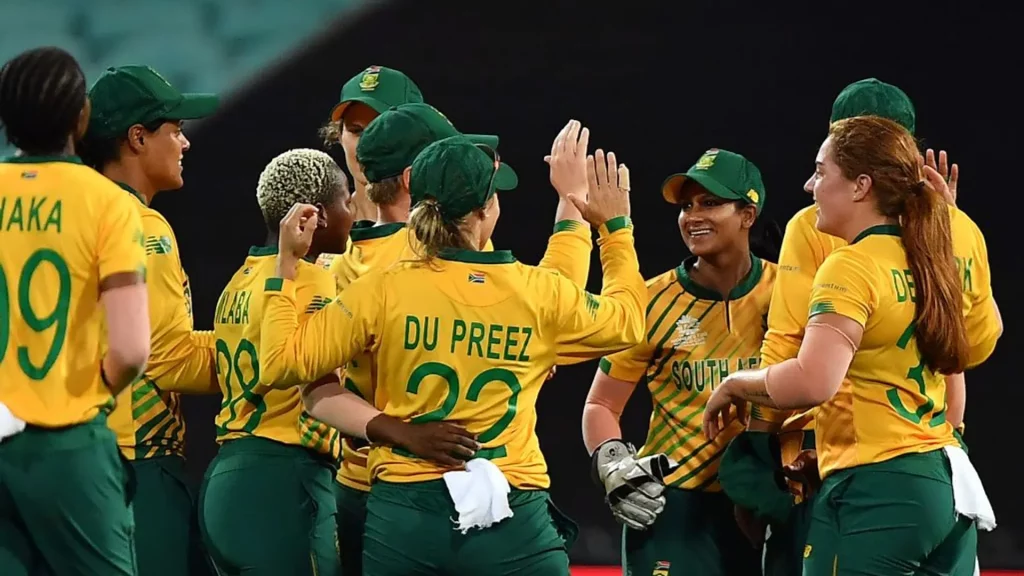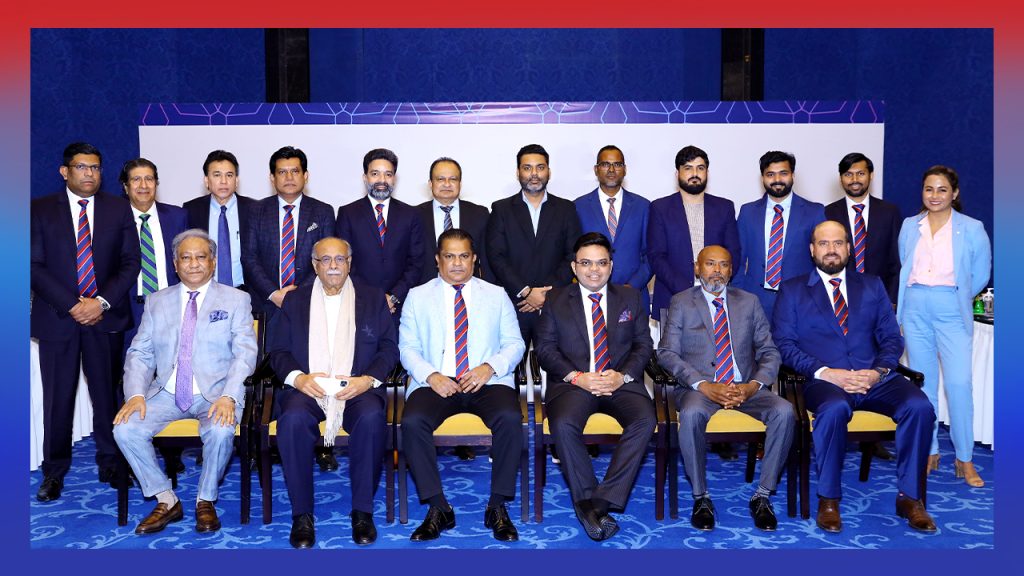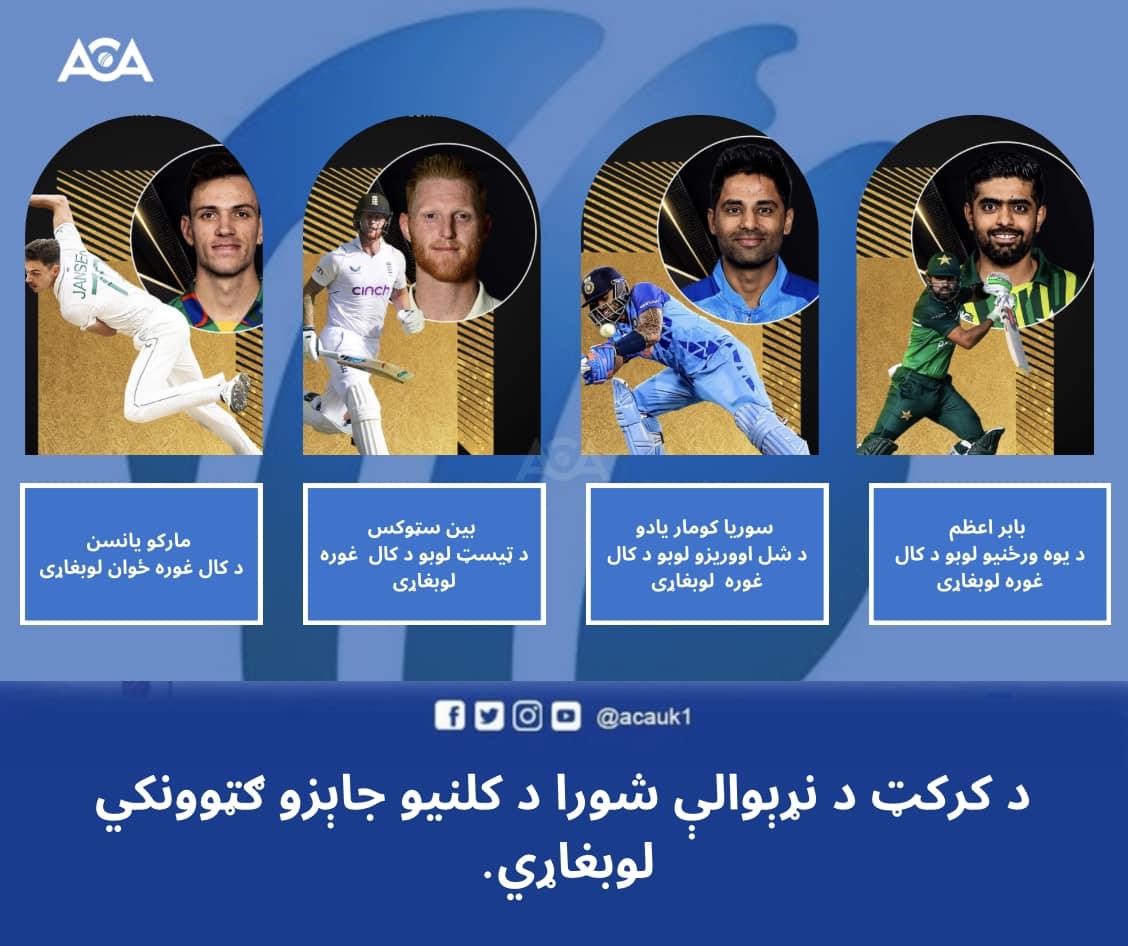د یو ورځنۍ لوبلړۍ له لغوه کولو وروسته اسټرالیا له افغانستان سره مخامخ کیږي
ټاکل شوې د نړیوال جام په دوام د نومبر په اوومه افغان ملي لوبډله له اسټرالیا سره لوبه وکړي.
دا چې اسټرالیا هم د کرېکټ د نړۍ پیاوړې او مخکښه لوبډله ده، افغان مینه وال د پاکستان په ګډون له نورو لوبډلو سره د تېرو لوبو په څېر له اسټرالیا سره هم لېواله دي او د یوې په زړه پورې لوبې لیدو ته شېبې شمېرې.

په همدې حال کې اسټرالیا د روان کال په جنورۍ میاشت کې له افغان لوبډلې سره یو ورځنۍ لوبلړۍ لغوه کړه او لامل یې هم افغانستان کې د نجونو او ښځو پر زده کړو او کار بندیز ښودلی وو او ویلي یې وو چې د بشري حقونو مسله ورته مهمه ده.
تازه افغان چټک توپ اچوونکي نوین الحق اسټرالیا ته په کنایه آمېز ډول ویلي چې ایا اسټرالیا ته اوس هم د بشري حقونو مسله مهمه ده که د نړیوال جام دوه پواینټونه.

نوموړي په خپله انسټګرام سټوري داسې کښلي:
«د دوه اړخیزه لوبلړۍ له انکار وروسته، اوس به په زړه پورې وي چې د اسټرالیا کرېکټ بورډ په نړیوال جام کې هم په خپل دریځ ودریږي او که دوی ته له “بشري حقونو” دوه پواینټونه مهم دي.»
د نوین دغو څرګندونو پراخ مخالف او ملاتړي غبرګونونه راپارولي خو ډېری افغان مینه والو له نوین ملاتړ کړی او د نوین څرګندونې یې سمې، پر ځای او پر وخت بللې دي.



